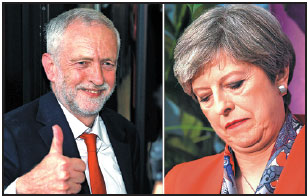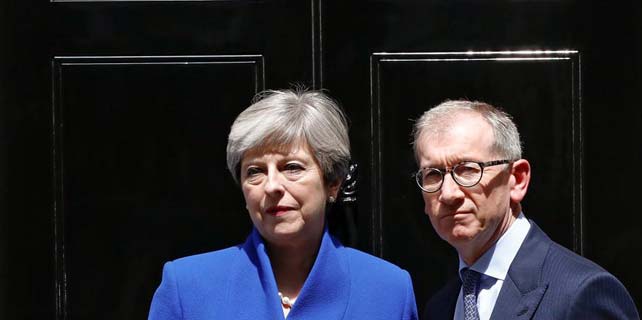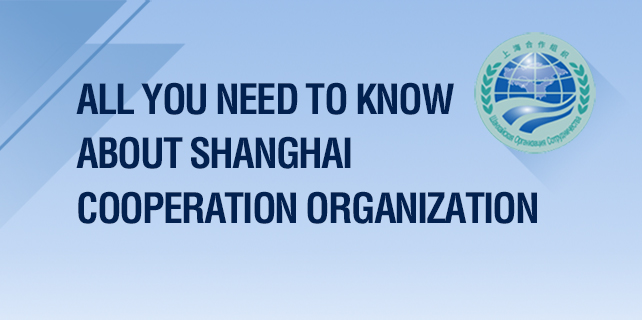Britain now faces 'hung Parliament'
British voters have added further confusion to the uncertainty confronting the UK's international partners, who have spent the past year trying to work out the consequences of the same electorate's decision to quit the European Union.
The snap election on Thursday, called by Prime Minister Theresa May to endorse her mandate for a "strong and stable" stance in negotiations on Britain's withdrawal from the 28-member EU, resulted in a "hung Parliament" as voters denied her ruling Conservative Party an overall majority in the British Parliament.
What now looks like an ill-advised gamble to increase her parliamentary majority - the snap election was called on her initiative - leaves May in office but seriously weakened.
After meeting with Queen Elizabeth II on Friday, May said she would form a government that would work with the Democratic Unionist Party, which has 10 seats in Parliament. The prime minister has barely a week before she is due to embark on talks on the terms of Britain's EU withdrawal.
May fought the election on a "Brexit" agenda, promising to take a tough line on maintaining Britain's rights in future relations with its European neighbors. Her Brexit promises, criticized for being thin on detail, were twinned with a pledge to tighten Britain's trade relationship with non-European partners such as China, India and the United States.
The election results might have been driven more by domestic issues than by Brexit. Promises by the main opposition Labour Party to boost public spending, tax corporations and renationalize some sectors of the privatized economy appear to have boosted its support among people who had voted both for and against EU membership in last year's referendum.
Jeremy Corbyn, a Labour leader who had looked unelectable as prime minister a year ago, delivered one of the party's best-ever results in a general election.
Corbyn remains in opposition despite Labour gains in Thursday's voting, but his party may be able to count on tactical support from Liberal Democrats, Scottish Nationalists and others to constrain the weakened Conservative government.
All of the Liberal parliamentarians, many from the Labour Party, and a substantial wing of the Conservative Party campaigned against withdrawal from the EU last year, although a majority of MPs subsequently gave the formal go-ahead for Britain's departure.
The result will almost certainly not reverse the consequences of last year's referendum, but it may temper May's threat of a "hard Brexit" if Britain fails to reach a satisfactory deal with the EU.
A year on, the UK's trading partners are still assessing the impact of the referendum on its relations with the world's sixth-largest economy.
editor@mail.chinadailyuk.com
|
|
(China Daily 06/10/2017 page1)























